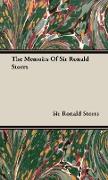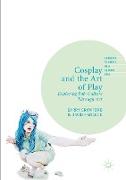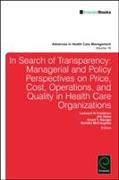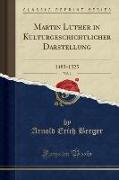The Memoirs of Sir Ronald Storrs
BücherAngebote / Angebote:
The Memoirs Of Sir Ronald Storrs. PREFACE: THIS has not been been an easy book to write. My books and papers were destroyed by fire with the rest of my property in 1931, so that of material, consciously prepared or preserved as such, I have none. I had, however, the habit ever since leaving England in 1904 of writing weekly to my mother, and of enclosing briefly minuted items I thought might entertain her. All these documents she kept with my letters, including a few diaries of special missions or journeys during the Wan In the longest of these, describing Baghdad in 1917, she inked over my pencil version with the result, as in a palimpsest, that some of the words she could not read then I cannot decipher now. These surviving records I have wherever possible quoted in original with, I hope, a gain in immediacy and actuality by recording not only historic facts, sometimes already known, but also my feelings at the time with stories and details, trifling in themselves yet constituting atmosphere the hardest of all things to recapture after many years. There are no corrections but many omissions, especially of personal remarks intended only for home consumption. The retention of many faults of youthful slang and flippancy proceeds not so much from any illusion as to their intrinsic demerits as from a preference for the varied patina of the past over the shiny smoothness of a Vernis Martin surface. The loss of a slowly collected library bearing on the chief interests of a mans life is a handicap, less only than the loss of serious docu ments. Not total replacement, not even the Socialist ideal of the British Museum Library access to everything, possession of nothing can recall the annotations and cross-references of many years. In a book full of Oriental names it is impossible to avoid the vexed question of transliteration. That is a subject upon which, as indicated, I have strong ideas and even stronger feelings. In 1920 Sir Herbert Samuel made me Chairman of a small Committee appointed for the purpose of transliterating Palestinian Arabic. We worked long and hard, and in due course submitted to His Excellency the neat little brochure which at this moment meets my resentful gaze. By the time it had reached London the Colonial Office had decided to adopt the system of the Royal Geographical Society. Lawrence was pleasant about his spelling members of our Committee cannot be. My object now is to present the strange sounds and symbols of the East with a minimum of fatigue to the reader. The system is that of English consonants with Italian vowels, and I add accents and quantities. There are one or two irregularities. The name of the founder of Islam is accurately rendered to convey the pronunciation of Muhammad even for personages such as Prince Mahomed All, in whose reigning house is a tradition of pronuncia tion alia Turca. By the time the name has reached Cyprus it has become Mehmet. Nevertheless, with a positive advantage of differentiation, I write the Sharif and King Husain ibn All of Arabia correctly according to system but the Prince and Sultan Hussein of Egypt, with the French spelling that comes close to his own Turkish utterance...
Folgt in ca. 15 Arbeitstagen




